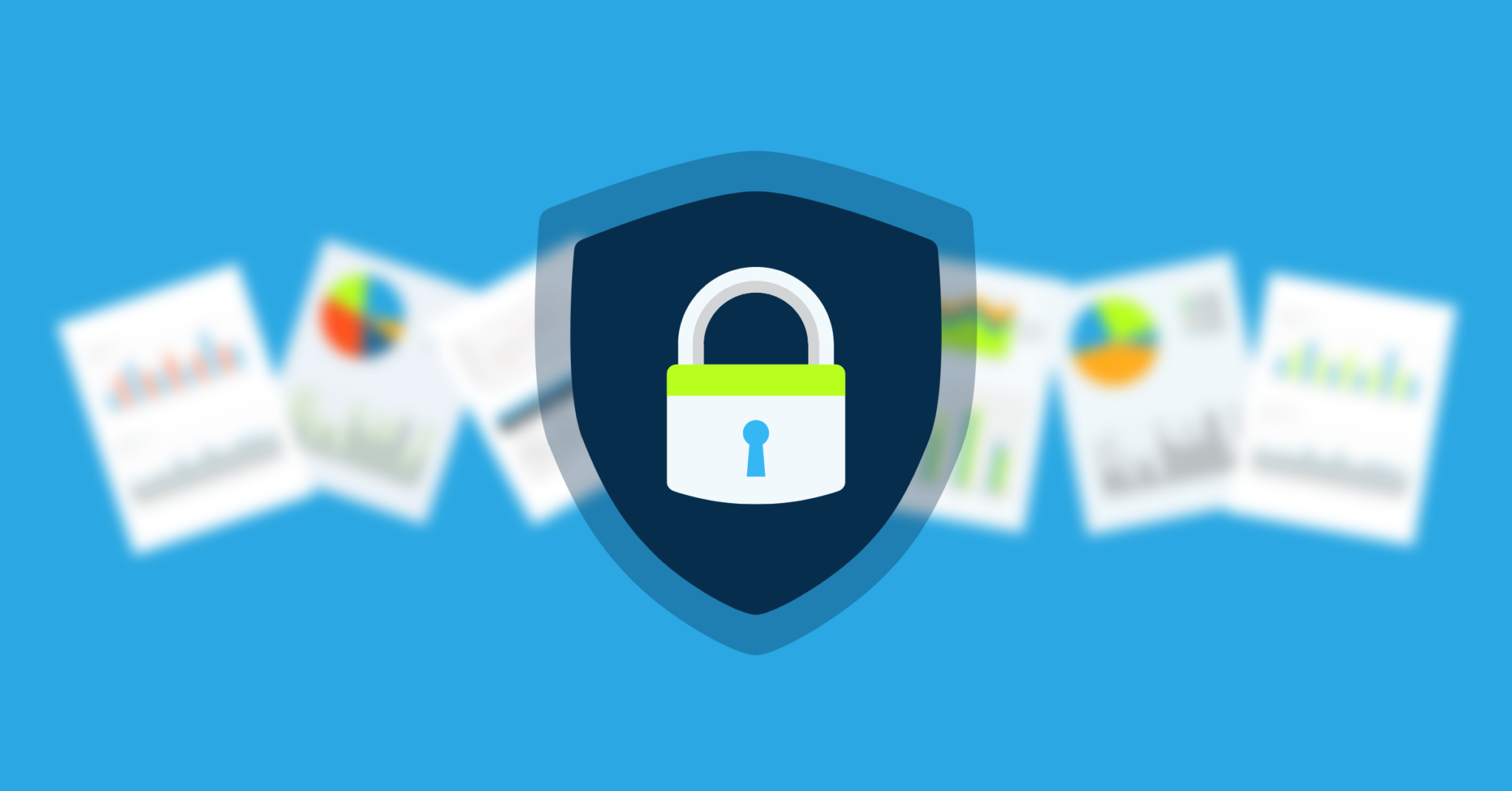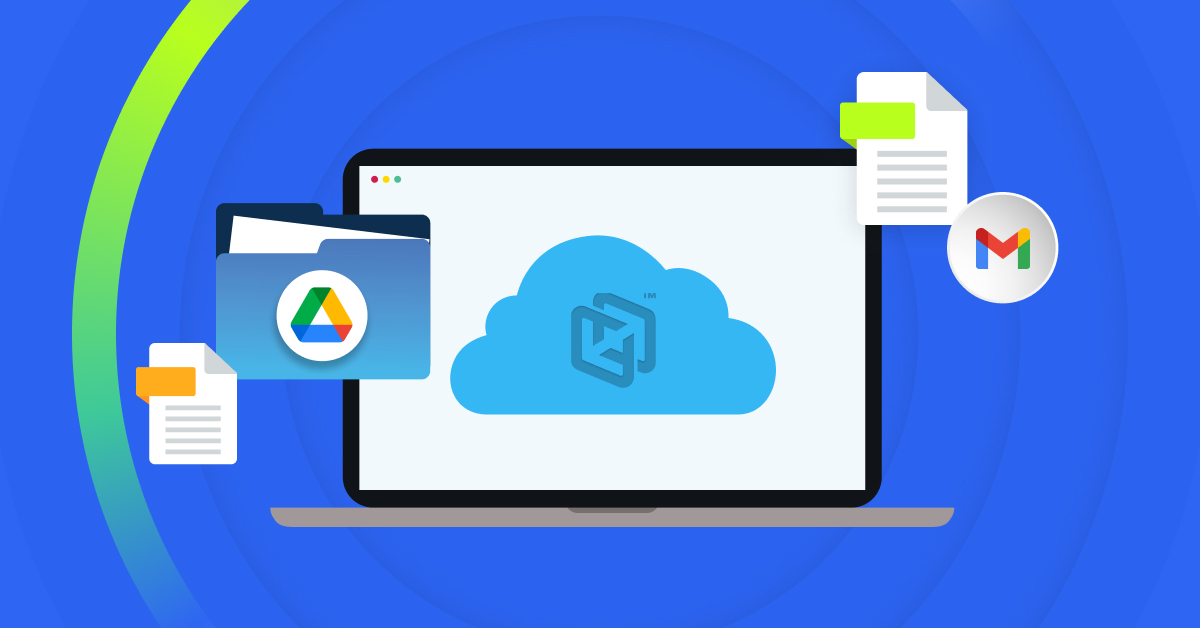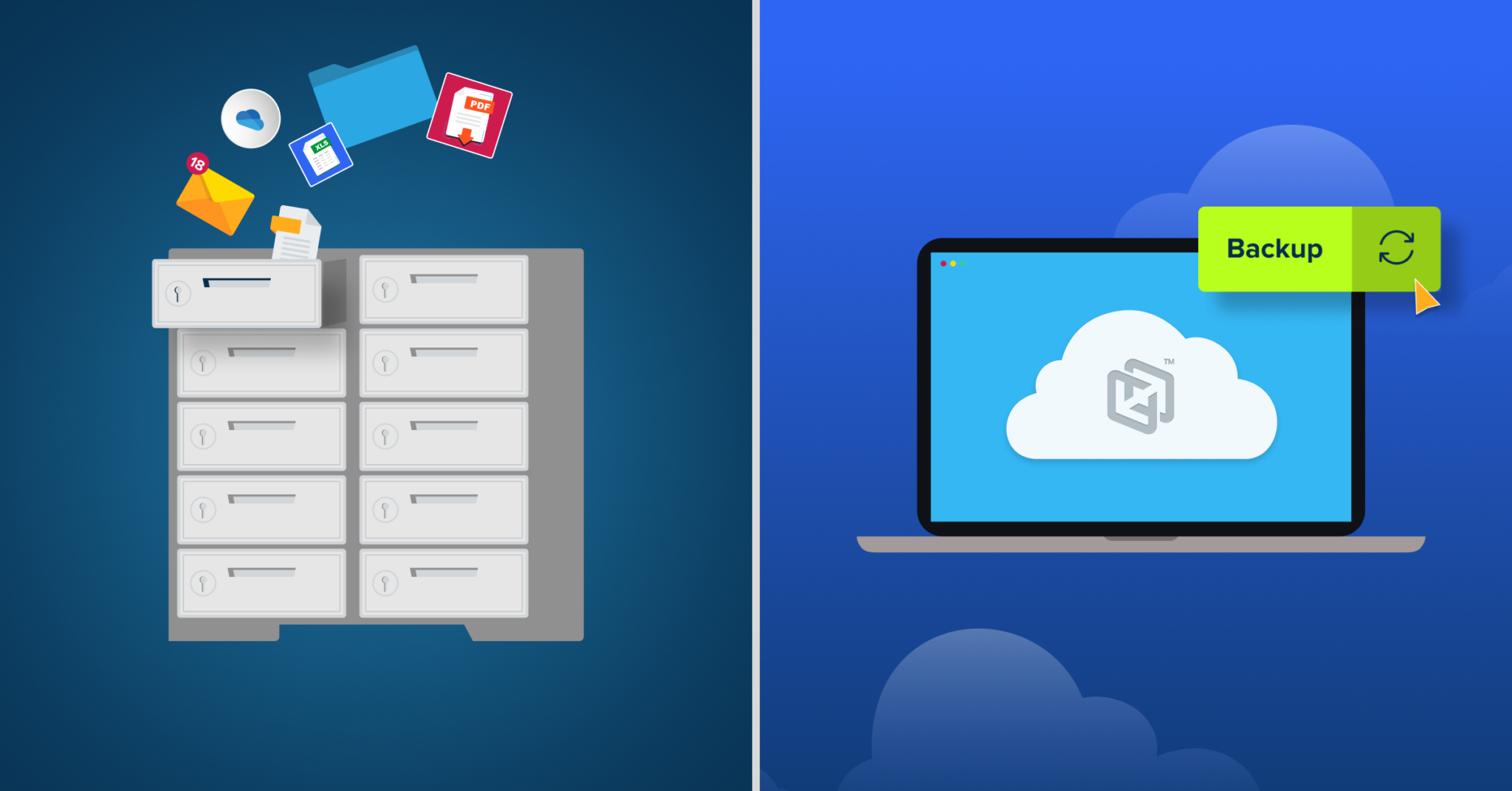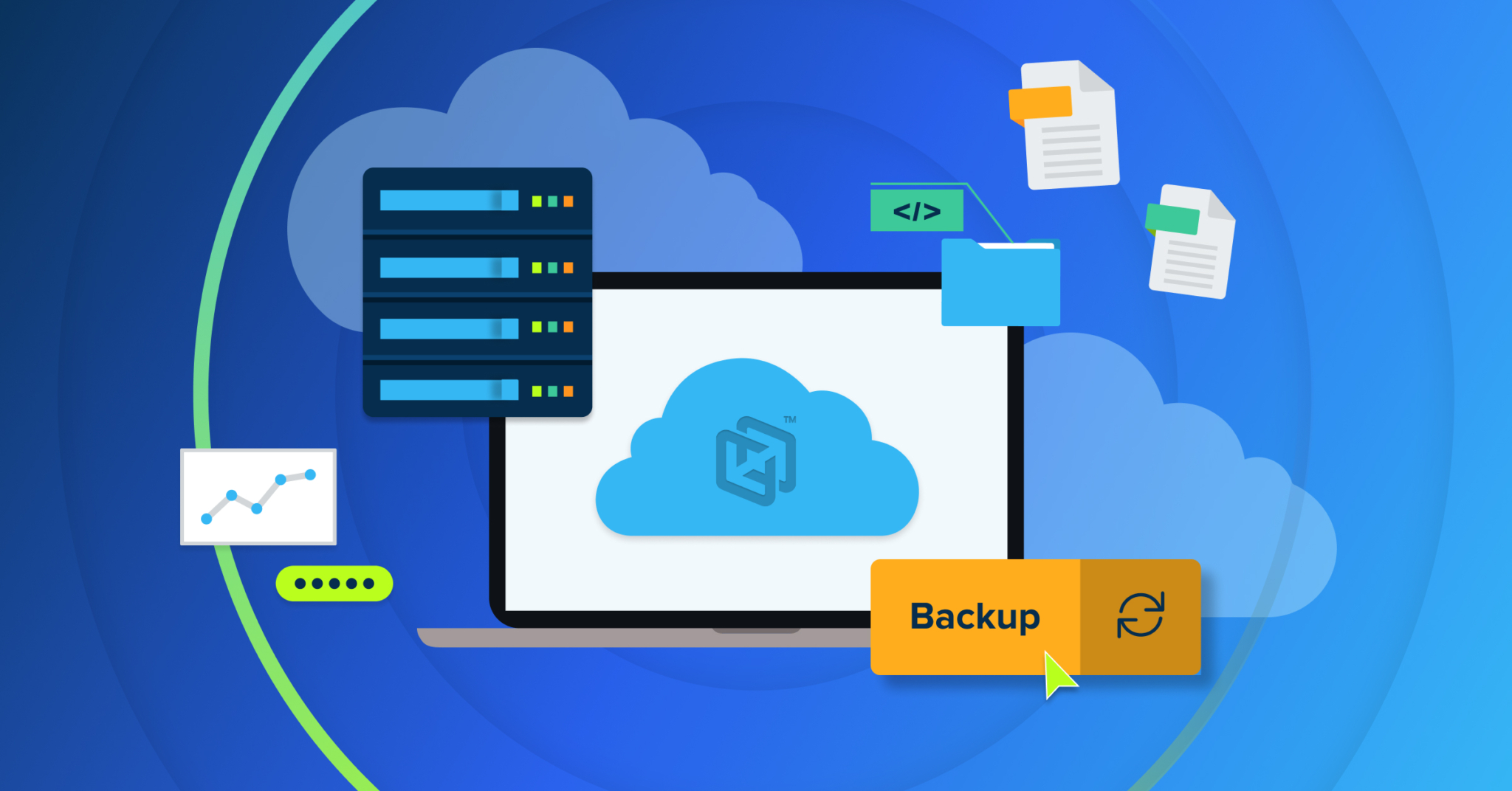
Financial service companies handle a great deal of important financial data and sensitive information. Without an endpoint data backup solution, financial institutions are at greater risk of losing data and facing backlash from their clients.
As you look to backup data for financial services at your institution, discover how to evaluate your backup needs—and how to protect your clients’ and your own sensitive data against data loss.
Why Is It Important to Backup Data for Financial Services?
In 2023, 744 data compromises affected the U.S. financial services industry—a major increase from the 268 that occurred in 2022. This increase in data compromises represents a major threat to financial institutions, as data breaches result in leaked institutional and client data. Since compromised data can result in lost client trust, concrete losses and damaged brand reputation, financial services organizations can be severely impacted by data breaches.
On top of losing client trust, compromised data can be incredibly costly to financial institutions. For example, the average total cost of a data breach in the worldwide financial industry is 5.9 million dollars. Besides the potential for high costs, SEC and GDPR regulations require financial companies to keep financial records for seven years or longer. Since this data has to be stored and archived to comply with these regulations, it’s essential the data is backed up in a secure manner.
While backing up data won’t prevent data breaches, it can reduce their impact. For instance, during a successful ransomware attack, the ransomware will encrypt your data and demand a ransom before giving you a key to decrypt it (and keep in mind that there’s no guarantee the hackers will actually give you access to your data once they’ve been paid!) If you’ve backed up your data to a third-party provider’s cloud, you can simply remove the ransomware and restore any lost files. This ability to quickly restore files will ensure you save money by never feeling tempted to pay a ransom. Plus, you’ll avoid losses in the form of operational downtime when you can easily restore your employees’ access to their work-related data.
How Should Financial Institutions Back Up Data for Maximum Security?
Due to the danger of data breaches and lost client data, it’s essential that financial institutions keep their data securely backed up. Though you can find different approaches to securely backing up data, financial institutions should follow the industry-standard 3-2-1 backup rule. Following this rule requires organizations to keep three copies of their data on two different media types, with one of these copies located offsite.
Since this rule stipulates that organizations keep a copy of their files stored offsite, partnering with a cloud backup provider is essential. Endpoint backup providers tend to offer the most reliable and secure backups, as they make copies of files stored on an organization’s endpoints (e.g., their computers, laptops, etc) and upload them to their offsite cloud. When ransomware, user error, natural disasters, or other threats cause data loss in your organization, you can simply use your endpoint backup solution to restore the files and prevent data loss.
What Should Financial Institutions Look for in an Endpoint Data Backup Provider?
Though endpoint backup providers are essential for organizations that want to securely back up their data, you’ll need to do your due diligence before selecting one. While you look for an endpoint backup provider who can help you follow the 3-2-1 backup rule, make sure they offer the following features:
1. Does the Provider Comply With Financial Service Regulations?
Financial institutions have a number of regulations they must follow to comply with national and international law. As a result, an endpoint backup provider must comply with all regulations related to client and institutional data. A provider you select should comply with GDPR, SOC 1, and SOC 2 to ensure your data is properly backed up and compliant.
2. Is the Backup Data Protected?
Alongside complying with financial data regulations, financial institutions will want a provider that protects their data both at rest and in transit. You’ll also want to look for security features like role-based access control, multi-factor authentication, continuous quality testing, and layered data encryption.
3. How Often Does the Provider Back Up Your Data?
Whether it’s due to user error, malware, or equipment failure, you can lose a great deal of data if you don’t regularly back up your files. Since even losing a day’s worth of data can significantly impact productivity, it’s best practice to back up your files every 15 minutes. Make sure your endpoint backup provider offers frequent backups at 15-minute intervals and that these frequent backups only take up minimal system resources.
4. Can Users Prioritize Backup Files?
A great endpoint backup provider will allow you to classify the files you’re backing up by importance. Since some financial data may not be as important as others, ensuring you can select what types are backed up first will prevent data loss of your most critical files.
5. Will the Provider Restrict Your Backup Space?
Some endpoint backup providers may restrict the amount of files they’ll allow you to back up. Since the number of files your organization will need to back up will likely continue to grow, it’s essential to select a provider that offers unlimited versioning and backup space. Unlimited versioning and backup space can keep your costs consistent, prevent the need to delete older files, and allow you to back up multiple versions of files that you can revert back to if needed.
CrashPlan: Secure Backup for Financial Services
If you need an endpoint backup solution provider to help back up your financial institution’s files, turn to CrashPlan. Our endpoint backup solutions automatically back up files every fifteen minutes and allow for quick recovery of any lost files. We also protect our clients’ files with leading security features that encrypt data in transit and at rest while complying with a variety of financial regulations.
Learn more about our endpoint backup solutions for financial services today.
If you’d like to try our endpoint backup solutions, sign up for our free trial.






